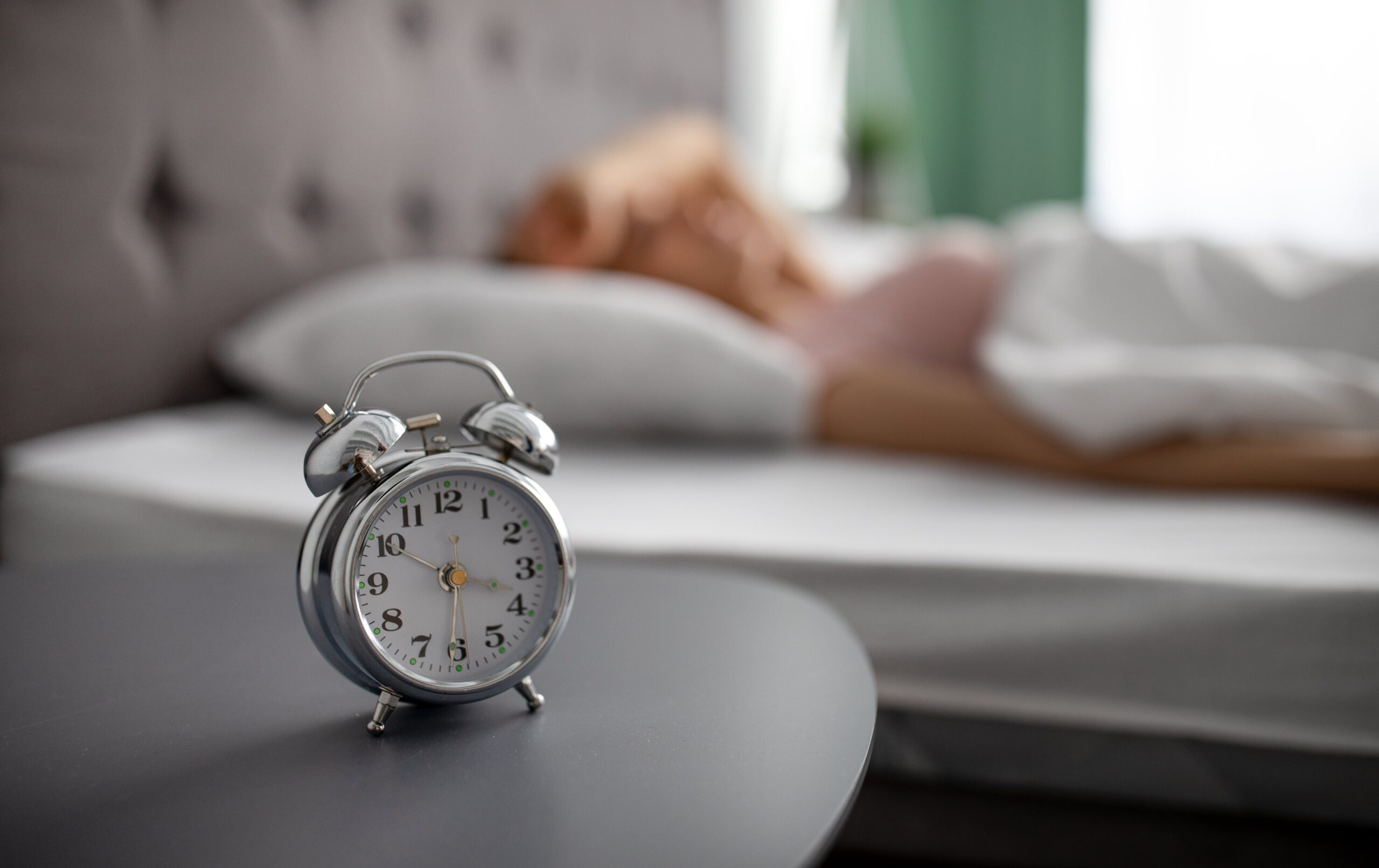7 Steps to Stop a Manic Episode
Living with bipolar disorder is like surfing in many ways, especially when it comes to mania. You feel powerful, confident, euphoric, sexy.
It’s a thrill and you start to feel invincible. However, the adept surfer knows sometimes there are waves that they are not prepared to ride, and there is always a moment to stop riding the wave to prevent harm to oneself and others.
Similarly, when riding the highs of hypomania, it is important to be aware of when it’s time to reel it back before falling into full blown mania.
How to Deal With Mania and Manic Episodes [7 Steps]
These days my schedule is quite chaotic. Maintaining a full time job, investments, this small business of mine, and some social life has filled my cup to capacity.
I had two nights in a row where I went to bed past midnight and had trouble sleeping because my mind was swirling with all the things I wasn’t finishing on time.
I felt I was in a hypomanic state and quickly accelerating towards mania. Living with bipolar disorder can be challenging, especially when trying to prevent manic episodes.
However, with the right strategies in place, it’s possible to maintain stability and avoid these intense episodes. Last week, I successfully employed the following steps to prevent a manic episode, and so can you.
If you like what you read here, there is more in-depth advice in my book, The Five Pillars of Bipolar Recovery.
Alert Your Support Group
Take Control of Your Sleep
Take Your Medication
Eat Well
Take Supplements
Practice Breathwork and Meditation
Consider Alternative Medicine
Step 1: Alert Your Support Group

I recommend alerting your support group that you are feeling energetically imbalanced and asking them to keep you accountable in your recovery plan by checking in on you every day until you feel better.
I called my mother and father and told them how I was feeling and exactly what I needed from them to help me recover. In the past, I would inform my psychiatrist as well.
Having regular check-ins allowed me to reflect on how I got to a hypomanic state and receive feedback on whether I was doing the right things to quickly recover.
Step 2: Take Control of Your Sleep

Sleep plays – in my view – the most important role in managing bipolar disorder.
By maintaining a consistent sleep schedule and ensuring an adequate amount of rest each night, you can help regulate your mood and reduce the risk of manic episodes.
Be disciplined about when you go to bed and when you wake up, aiming for at least 8 hours of sleep per night. Go to bed at a set time and get out at the same time.
Limit stimulation like music, TV, social media and do not look at any screen at least one hour before going to bed.
Even if you don’t sleep the whole time, retrain your body to rest and recover during your set hours. I highly recommend Matthew Walker’s book, Why We Sleep, for sleep hygiene best practices.
But what do you do when you can’t sleep? Consider the remaining steps below.
Step 3: Take Your Medication

There is no shame in taking medication to help prevent a manic episode. Work with your licensed healthcare professional if you need to adjust your medication.
Typically, people with bipolar are on some combination of mood stabilizers, anti-psychotics, sleep aids, and pain medication. Consistently taking prescribed medication is essential for managing bipolar disorder, and if you think you may need one, then contact a psychiatrist or psychologist immediately.
I liberated myself from regular medication under the guidance of my psychiatrist, but I took one last week because I was unable to get my sleep under control despite the natural methods I employ and write about in my book.
In addition to medication, I took a painkiller to help with the migraine I developed due to poor sleep. Genexa andAdvil are my go to brands but generic store brands work well too. Fortunately, due to my integrative recovery plan, I only had to resort to medication once.
Step 4: Eat Well

Nutrition plays a significant role in overall health and can impact mood stability. Aim to maintain a balanced diet rich in fruits, vegetables, whole grains, and lean proteins. You can get my version of a modified paleo diet in my free E-book. Here is another blog post where I talk about an optimized diet plan for bipolar disorder.
My advice also is to completely avoid consumption of caffeine, alcohol, and sugary foods, as these can exacerbate manic symptoms. Eating regular, nutritious meals can help support mental well-being and reduce the likelihood of manic episodes.
Finally, try to eat your final meal four hours before going to bed to prevent indigestion.
Step 5: Take Supplements

Certain supplements may complement traditional treatment methods and support mood stability.
Reishi mushroom, Magnesium, Vitamin D, and Fish Oil are my go-to supplements because they are among the supplements that have aided my recovery time and time again.
However, it’s essential to consult with a healthcare professional before starting any new supplement regimen to ensure safety and effectiveness.
Step 6: Practice Breathwork and Meditation

Mindfulness practices such as breathwork (Pranayama) and meditation can help promote relaxation, reduce stress, and enhance emotional regulation during hypomania and mania.
Incorporating these techniques into your daily routine can provide a sense of calm and balance as you try to bring yourself down to a stable level of energy.
I did Yoga like the following video on my YouTube channel and repeated key affirmations that kept me positive through the discomfort and motivated me to recover.
After years of practicing these affirmations, I’m super excited to release to you my latest mindfulness tool: 10 Affirmations for Better Mental Health. These affirmations have helped me still my mind during the highs and pulled me up from the lows of bipolar disorder.
I also employ a Pranayama practice popularized by Wim Hof; he even shares some of his practices for free on YouTube. I followed this practice every morning and night before going to bed until I got control of my sleep again.
Step 7: Consider Alternative Medicine

Consider supplementing your medication with a traditional healing practice. I have tried things like chiropractic care, massage, and aromatherapy with essential oils. One treatment that is highly effective for stabilizing one’s energy is Acupuncture.
Acupuncture, an ancient Chinese healing practice, has gained recognition for its potential benefits in managing mood disorders like bipolar disorder.
Some studies suggest that acupuncture may help regulate neurotransmitters and hormones involved in mood regulation, leading to improved mood stability.
Many, like myself, find acupuncture to be a helpful therapy for managing bipolar symptoms. In fact, it was acupuncture that enabled me to completely taper off of medication.
Conclusion
Kudos for reading this whole post! Hypomania seems like fun, but if you or your loved one has been riding the high for a while, it may be time to get off before things get out of control.
Preventing manic episodes requires a comprehensive approach that addresses various aspects of health and well-being.
By incorporating these steps into your daily life and working closely with your support group, you can effectively stop a manic episode in its tracks.


